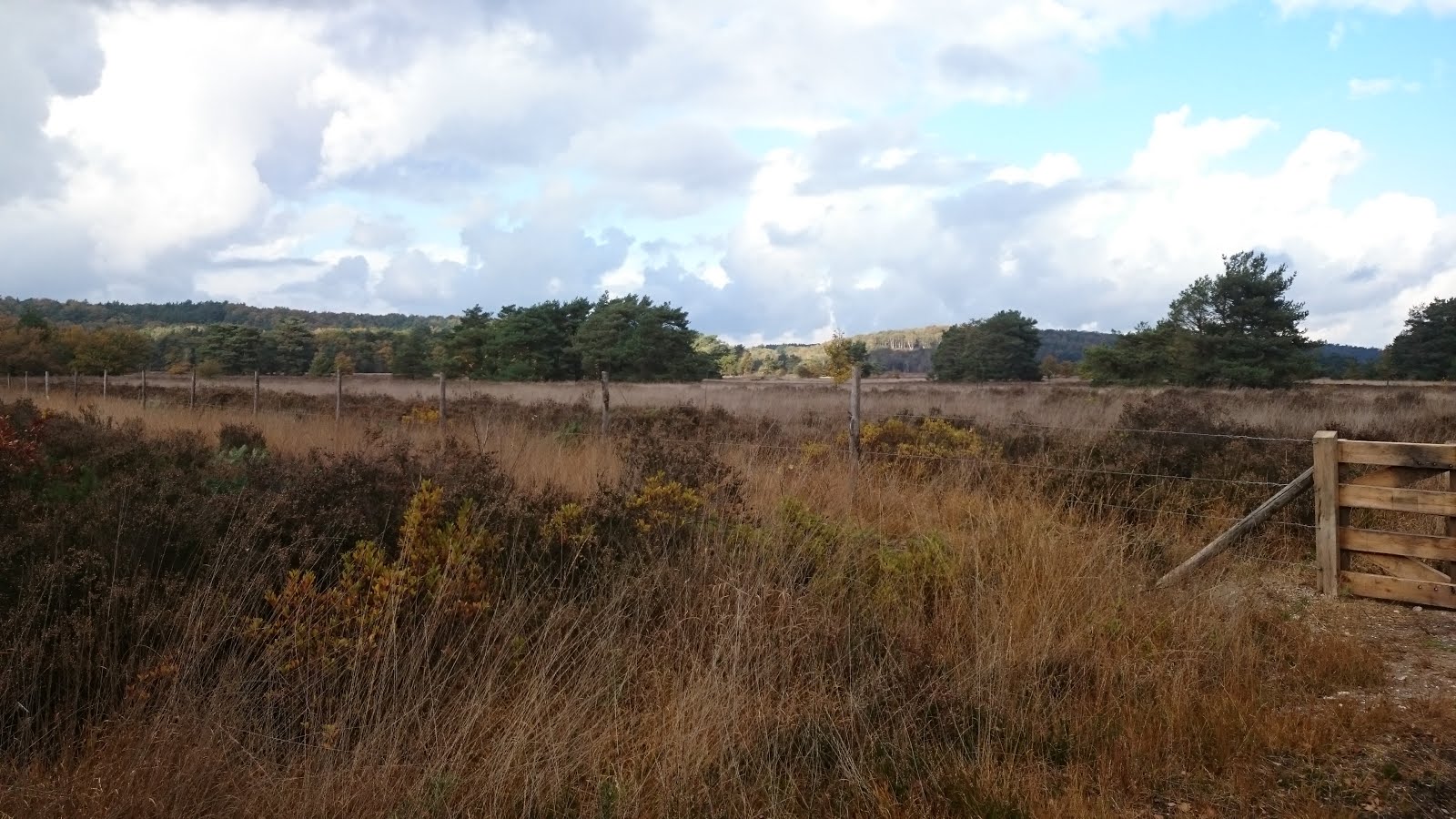It is known to many historians that the names of epochs which they use to teach history are a double-edged sword, that helps get across some patterns of events, but obscures some other deeper ones.
An example which interests me is the way in which the medieval western Europe's "modernity" is so misunderstood.
A large number of reasonably educated people understand that the written constitutions and legal revolutions of modernity were very important parts of what makes our period different in practice. They also will know, many of them, that the great legislators of the French and American revolutions were inspired by examples from classical Greece and Rome. They were looking back past the darkness of the "middle" period in western Europe and trying to re-establish some virtuous aspects of those lost civilizations.
But everyone seems to miss that a written constitution, a contract which aims to set rules for the benefit of a large free community, is as medieval as you could get. What are these constitutions but just old style city charters writ large?
Medieval history, not Roman or Greek history, is to an amazing extent all about charters and complex legal debates. It is arguably what distinguishes it from all other periods of human history, but also what most unites it with the modern politics it spawned.
The rational and practical approach to law which the medieval church may take much credit for, was something new which did have classical roots, but which had never long stopped evolving and improving.
An example which interests me is the way in which the medieval western Europe's "modernity" is so misunderstood.
A large number of reasonably educated people understand that the written constitutions and legal revolutions of modernity were very important parts of what makes our period different in practice. They also will know, many of them, that the great legislators of the French and American revolutions were inspired by examples from classical Greece and Rome. They were looking back past the darkness of the "middle" period in western Europe and trying to re-establish some virtuous aspects of those lost civilizations.
But everyone seems to miss that a written constitution, a contract which aims to set rules for the benefit of a large free community, is as medieval as you could get. What are these constitutions but just old style city charters writ large?
Medieval history, not Roman or Greek history, is to an amazing extent all about charters and complex legal debates. It is arguably what distinguishes it from all other periods of human history, but also what most unites it with the modern politics it spawned.
The rational and practical approach to law which the medieval church may take much credit for, was something new which did have classical roots, but which had never long stopped evolving and improving.

Comments
Post a Comment